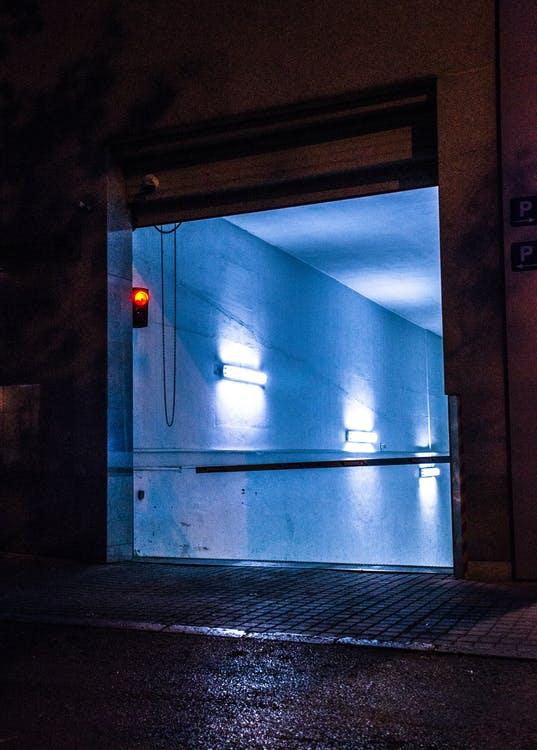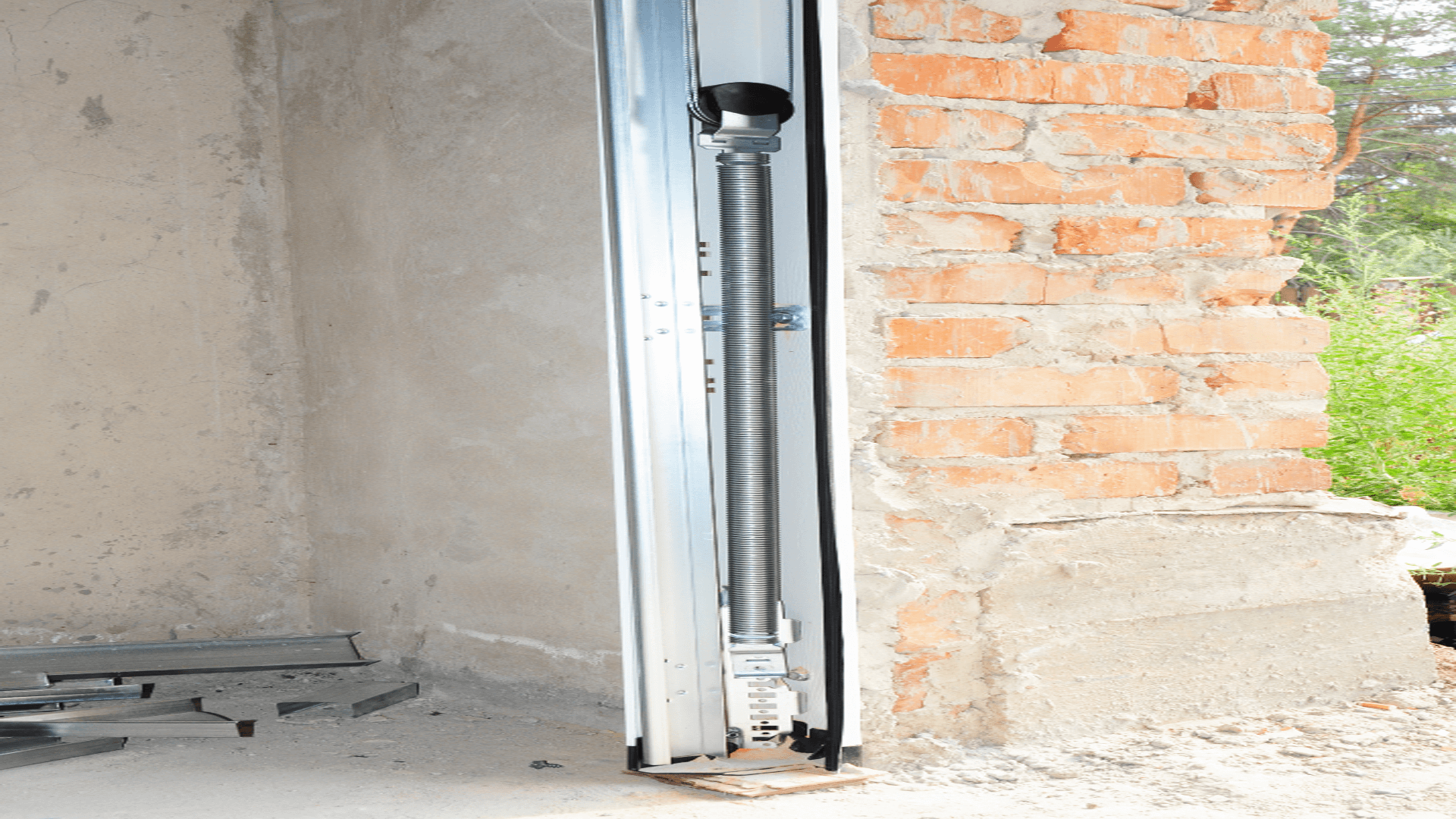Garage Door Springs Repair in Houston TX
Garage Door Springs Repair
Your home is incomplete without a properly functioning garage door. The value that this appliance adds to your property cannot be put into words. However, in return, they ask to be maintained and looked after. Doing so requires you to regularly get your garage door parts inspected and repaired or replaced.
However, your garage door springs rarely ever come to mind when you hear the term garage door parts. The springs play a vital role in allowing your garage door to raise and lower. Even so, the importance of these parts is often neglected and undermined. If your springs are broken or worn out, your garage door might not even open. This is why you mustn’t disregard them as if they are a trivial part.
Whether it’s your garage door springs or any other part that is troubling you. Best Garage Door Repair has a team of technicians, skilled and well-equipped enough to resolve all your garage door-related problems.
Garage Door Springs – What Are They?
Generally, there are two types of springs: extension and torsion spring. Newer garage doors come equipped with the latter. However, it is recommended that the extension springs be replaced by their torsion counterparts for older garage doors.
Both the springs look similar and can be described as long metallic coils. The springs differ in how they work; extension springs function by stretching and compressing, while the torsion springs work by twisting. Torsion springs are mounted on a shaft that is located just above the garage door. On the other hand, extension springs are placed on both sides of the upper tracks.
Why Do They Matter?
As discussed above, springs play a vital role in allowing your garage door to operate. In fact, without springs, your garage door will essentially be rendered useless. This is because the springs aid the garage door opener in lifting and reeling down the garage door. The garage door can weigh hundreds of pounds; the openers do not have enough power to lift a door this heavy without any assistance.
When the springs are deformed, i.e., extension springs stretch are stretched, or torsion springs are twisted, they exert a force on the door that helps counterbalance its weight. This means that the opener does not have to pull the door’s entire weight.
Simply put, without springs, your door opener wouldn’t have the necessary power required to lift a garage door.
Why Do Door Springs Break?
The failure of garage door springs can be associated with either of three main factors, which are as follows:
Rust
Rust is to springs as termites are to furniture. When rust settles in on your door springs, it will eat through them, deteriorating the material’s strength and thereby dramatically shortening its lifespan.
Moreover, rust also increases the friction on the spring coils; this hinders their movement, slowing down the motion of the garage door. Your springs will weaken more rapidly and eventually snap or get distorted out of functioning form.
Wear and Tear
Wear and tear is certainly the most common reason for the failure of a garage door spring. Springs have a certain lifespan, after which the material will have become too weak and deteriorated to allow the spring to function properly. Most springs are designed to last for around 10,000 cycles; the garage door going up and then coming down constitutes one cycle.
Moreover, an average person goes through at least two cycles each day. If you use your garage door more frequently than two cycles per day, it would be better to get an extended-life torsion spring that is engineered for 20,000 cycles.
Improper Maintenance
All garage door parts have a certain lifespan, and springs are no exception. However, routine maintenance practices can help prolong the life of your garage door springs and give you a heads up when they are near the end of their lifespan.
Lack of maintenance will rapidly deteriorate the springs; the end result will be a sudden and abrupt failure that could be destructive enough to damage other parts.
Signs of a Failing Spring
Following are some signs that indicate that your garage door springs are either about to fail or they already have:
- The door does not stay up after opening it.
- The door is opening very slowly.
- The door will not open up.
- The door makes a squeaking noise when opening or closing.
Rust
Wear and Tear
Improper Maintenance
Signs of a Failing Spring
Expert Garage Door Spring Repair Services
Best Garage Door Repair provides complete garage door maintenance, repair, and installation services. We specialize in handling all types of garage door springs and uphold the highest standards of quality and punctuality to ensure timeliness and efficiency in our work. If your garage door springs show any indications of failing, call us now at (713) 352-1174.
Frequently Asked Questions
What is the cause of a problematic garage door spring?
There are five primary causes of a garage door spring malfunctioning or needing repairs:
- Rust
- Poor maintenance
- Age
- Poor installation
Can I replace my garage door springs on my own?
We should not replace your garage door springs on your own. Our team highly recommends you have a professional complete the replacement for optimal repairs.
How long do garage door springs last?
Many garage door springs can last more than 10,000 cycles, which translates to five years. Of course, it all comes down to the maintenance, frequency of use, and brand you use.


